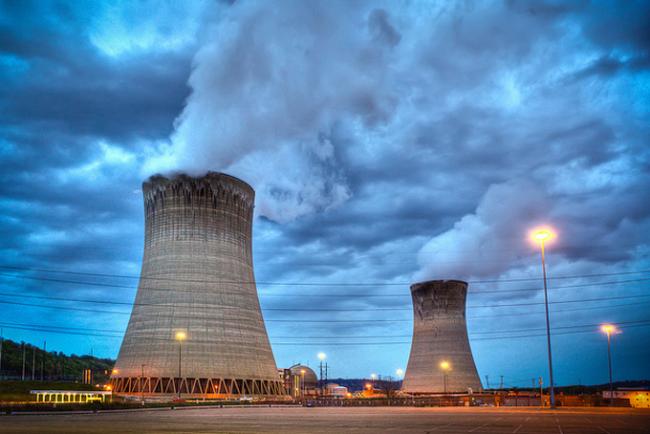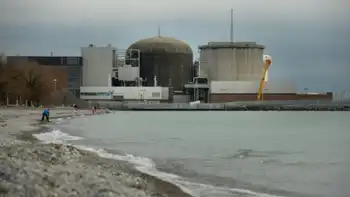Taxpayers on the hook for AECL despite privatization
By Globe and Mail
Protective Relay Training - Basic
Our customized live online or in‑person group training can be delivered to your staff at your location.

- Live Online
- 12 hours Instructor-led
- Group Training Available
Ottawa would be expected to cover the monetary risk of regulatory delays, both in the certification of AECL's new Accelerated Candu Reactor (ACR) and in environment reviews required for the siting of plants in Canada, says the report released by the business-backed think tank.
At the same time, the government will have to underwrite the research and development costs of reactor design if AECL is to compete with international rivals, whose governments provide significant support for their nuclear companies.
“The government is not going to get out from under this stuff, because no matter what happens they're going to have the long-term research role, the waste disposal role, or certainly research on it,” says Bruce Doern, co-author of the report.
The report was concluded prior to Natural Resource Minister Lisa Raitt's recent announcement that the government is looking for private-sector buyers for AECL's commercial division, but will maintain ownership of the Chalk River research laboratories and seek private management.
The C.D. Howe report argues for just such an approach.
“AECL should be partially privatized to bring stable funding, new international partnerships, and market capacity and discipline,” it concludes.
“However, a privatization deal should include continuing support, public or private, for pure research and development at the Chalk River, Ontario laboratories.”
The report suggests that any privatization deal will have to await the certification of AECL's new ACR design by the federal nuclear regulator, or Ottawa will be forced to provide financial insurance to new owners against the possibility of regulatory delays or more serious design setbacks.
AECL's future rests with the decision by Ontario to build new reactors to meet its electricity needs, though the report notes that electricity demand has been falling in the province and is unlikely to rebound sharply given the decline in the province's manufacturing sector.
Ontario has made a preliminary decision favouring AECL over its U.S.-Japanese and French rivals, but has not begun negotiating with the federal government on a purchase contract.
Mr. Doern and his co-author, Robert Morrison, said success of the government's privatization plan rests with Ontario's reactor purchase, highlighting the pressure faced by Queen's Park in making the decision.
“If Ontario opts for the Candu, it would be a big boost for AECL,” the authors says.
“If it does not, and if no other domestic Candu orders emerge, AECL probably would be consigned to refurbishing existing Candus, as foreign customers likely would not buy a new reactor from AECL that had not been purchased in Canada.”
While provincial Energy Minister George Smitherman is said to have experienced “sticker shock” when he saw the price of the proposed reactors, the authors argue that nuclear represents a competitive source of base-load power.
Factoring in the cost of eliminating or reducing greenhouse gas emissions from coal-fired or natural-gas power plants, nuclear becomes more competitive on price.
“A lot of the efficacy of nuclear depends on whether fossil fuels have their level of emissions embedded in their prices,” Mr. Doern said. “If this is done more, it's going to make the decision on whether to go with nuclear – pro or con – more sensible and fairer.”











